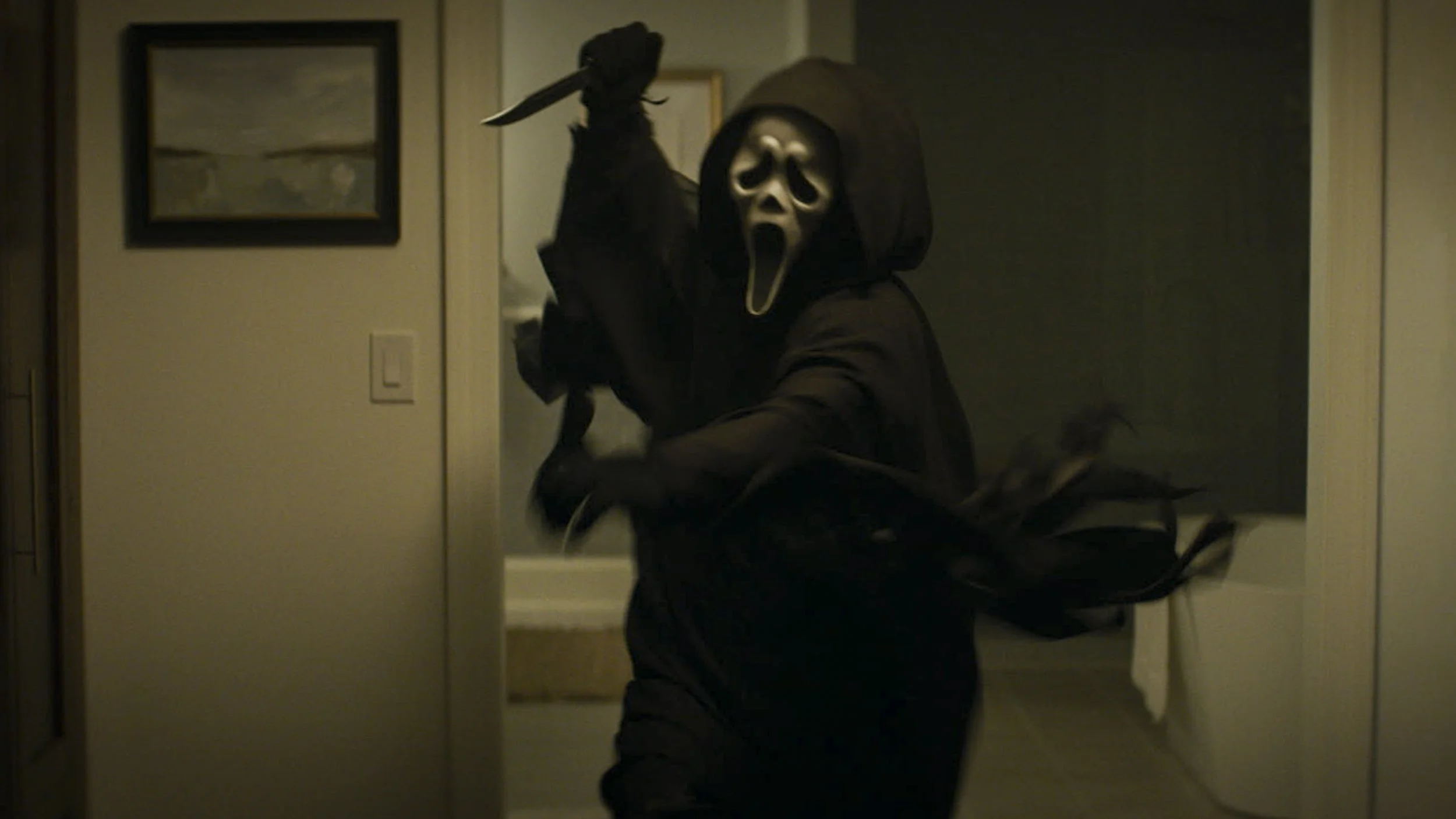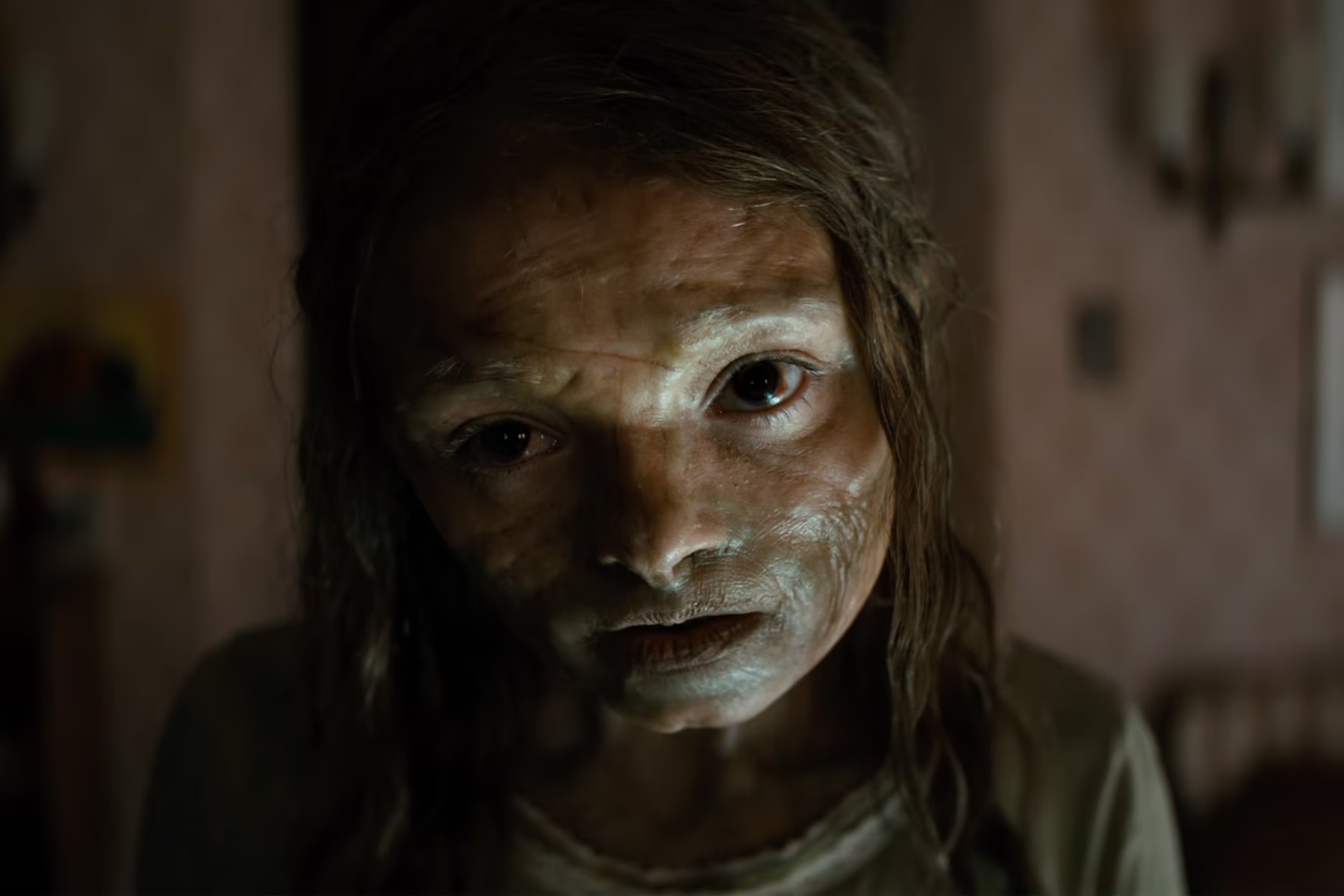Him Review
Justin Tipping’s Him takes the sports-psych horror lane and leans into its pressure-cooker psychology. Produced by Monkeypaw, it follows Cameron “Cam” Cade (Tyriq Withers), a blue-chip quarterback invited to train at the private compound of dynasty legend Isaiah (Marlon Wayans) on the eve of the Combine. The premise is clean, the mood is heavy, and the film keeps testing how much a single-minded athlete can take before the game consumes him.
A Lead on the Rise
Withers is definitely having a moment. Between the I Know What You Did Last Summer legacy sequel and Him, he’s quickly becoming a rising force because he brings nuance to characters that could read as archetypes on paper.
As Cam, Withers threads tension between confidence and doubt, drawing out the private panic beneath an athlete’s media polish. You see the compartmentalization that elite sports demand, and you see it strain as the film’s more supernatural and psychological pressures mount. The work here complements his profile-building turn in I Know What You Did Last Summer, reinforcing that he can carry genre material while shading it with interior detail.
Visually Sharp
The film’s look is a calling card. Tipping and team stage Isaiah’s compound as a maze of immaculate fields, mirrored gyms, and night corridors that feel ritualistic, not restorative. Key sequences are precisely shaped: a pre-dawn drill that mutates into a waking nightmare; a film-study session that plays like an exorcism; a late-game scramble through the facility that weaponizes glass, light, and silence. Even when the story hits a familiar beat, the composition gives it a sting. Those images linger and keep the atmosphere charged.
A Unique Story That Still Plays With Classics
Him is a unique spin on athlete-meets-idol horror, and it’s packed with classic genre moves: the isolated estate, the mentor whose charisma curdles, the “program” that becomes a ritual, the house with rooms that reveal more than they should. Some of those tropes sing here.
On occasion, others land less cleanly, especially when secondary characters function more like devices rather than people. Still, you feel the film taking a few real swings here. Tipping’s script (with Skip Bronkie and Zack Akers) keeps reaching for ideas about devotion, control, and what a body is worth once it’s been built into a brand. The ambition is admirable, even when the execution is uneven.
Scares: Mixed Impact, Lasting Mood
As a pure scare machine, Him can be inconsistent. A few horror beats feel less potent than they’re staged to be, and some reveals announce themselves early. Yet the build often works.
The film still knows how to escalate a drill into dread, how to use sound to raise the pulse, and how to let unease sit in a room after the moment has passed. You may not jump every time the movie wants you to, but the momentum adds up, and the residue of those sequences gives the film a lingering scare factor.
A Chaotic, Entertaining Final Act
The last stretch is equal parts entertaining and chaotic. The film throws in your-face reveals and thematic declarations (pivoting between satire, horror, and social critiques), then flips how we read both mentor and protégé. Because of that, some might find that the plotting gets busy, but the through-line stays clear enough to land an ending that feels like a complete tale.
Most importantly, Cam’s arc resolves on a note that feels earned. You grow to like him and expect him to make specific choices due to the film’s framing. Fortunately, he doesn’t. The subversion is small but satisfying, the kind that reinterprets earlier scenes and reframes the cost of “greatness.”
Score: 6.5/10
Him pairs a rising lead with striking visuals and a finale that isn’t afraid to swing. Even when certain scares underwhelm, the mood, imagery, and character focus carry it across the goal line.








